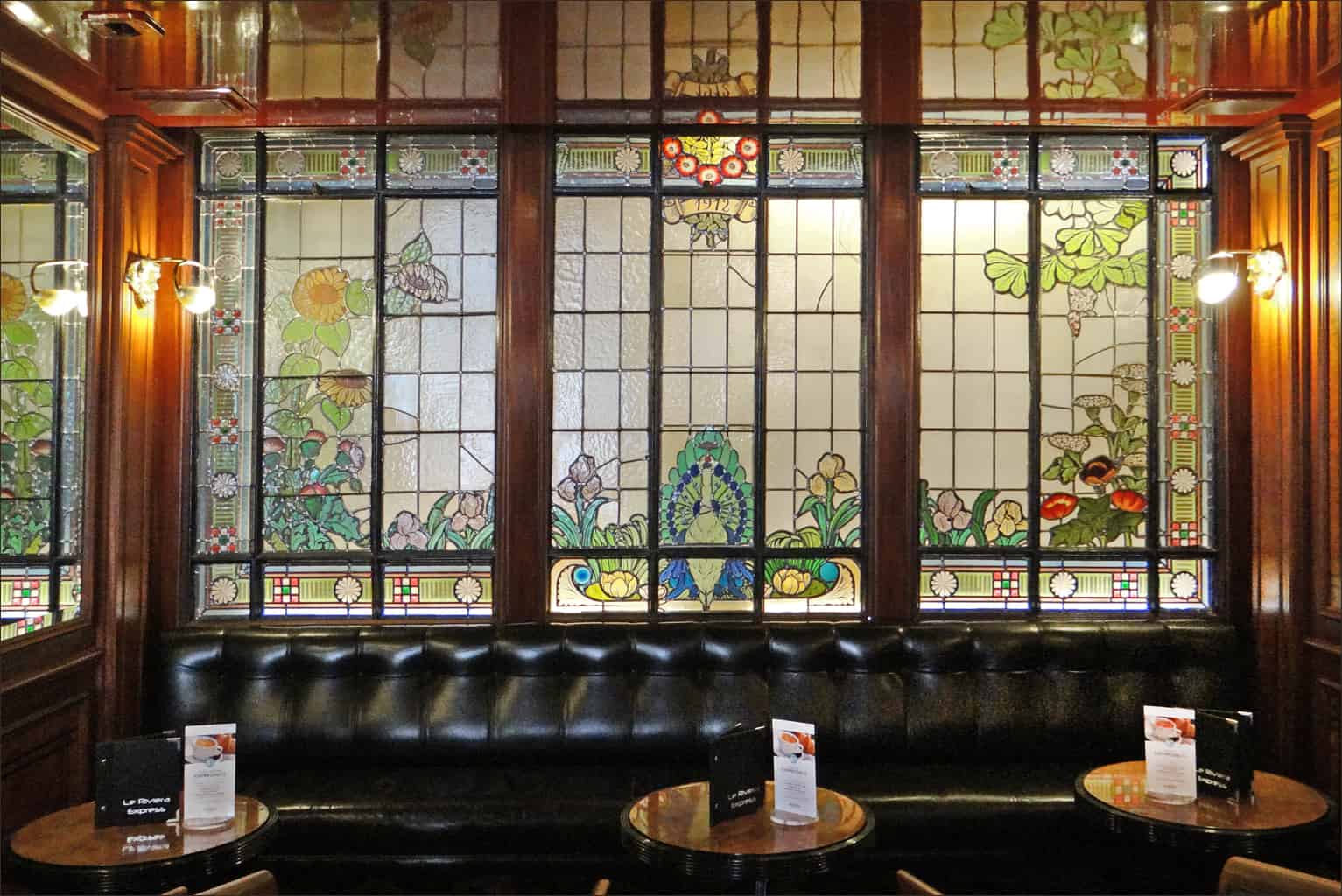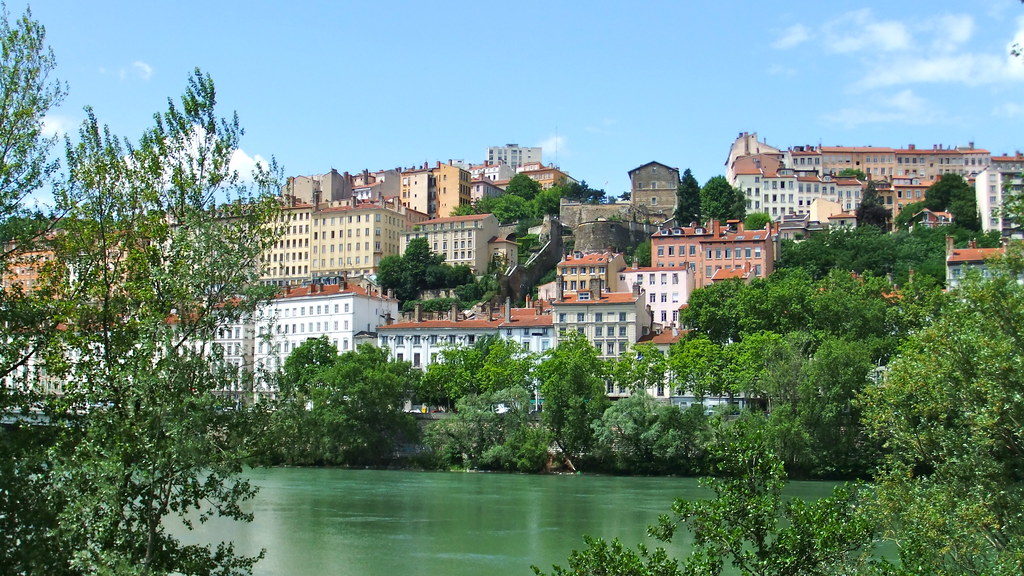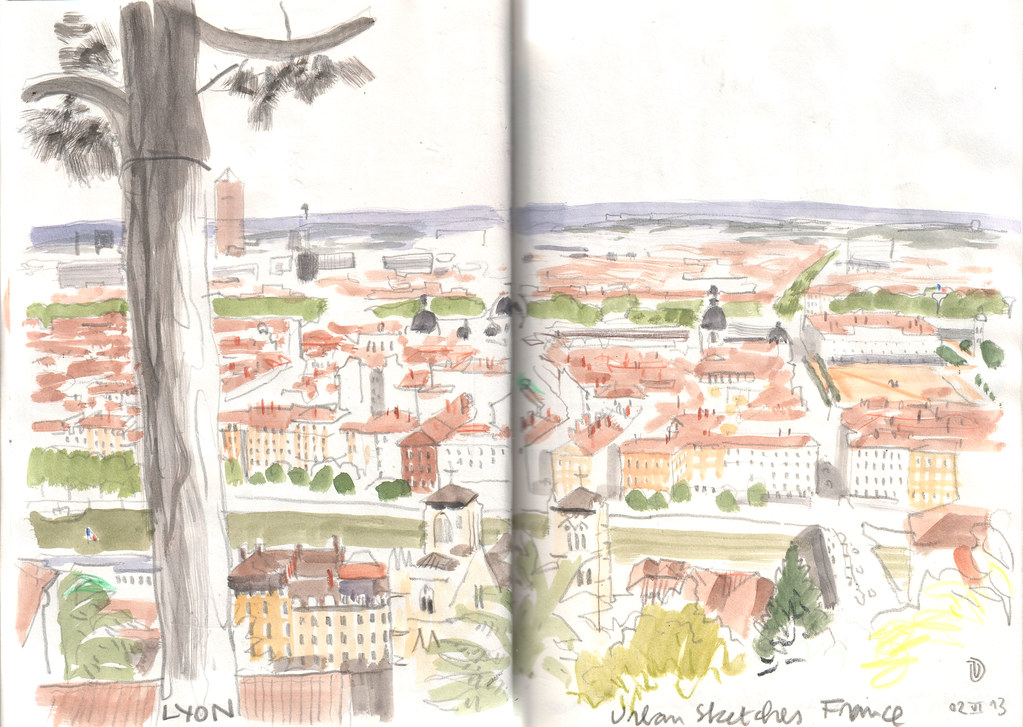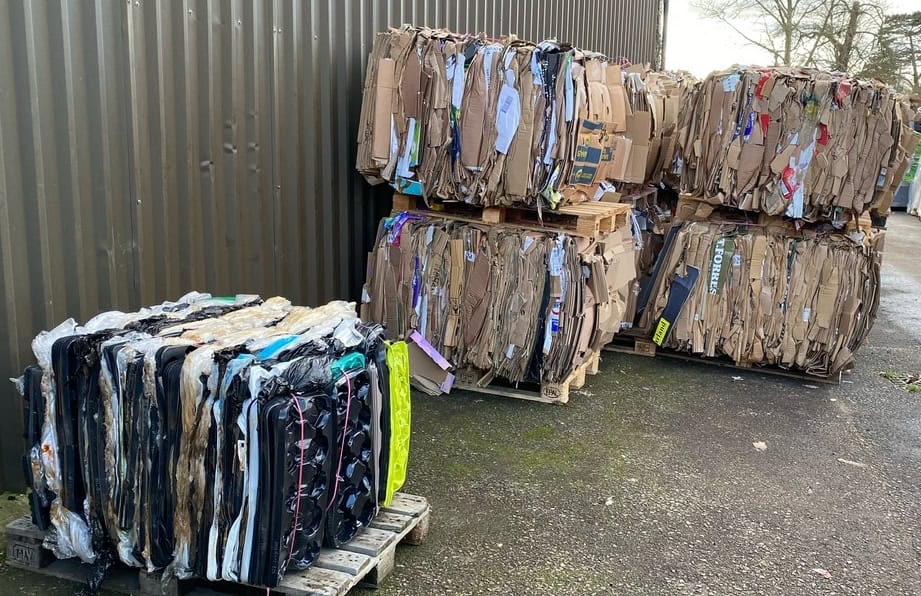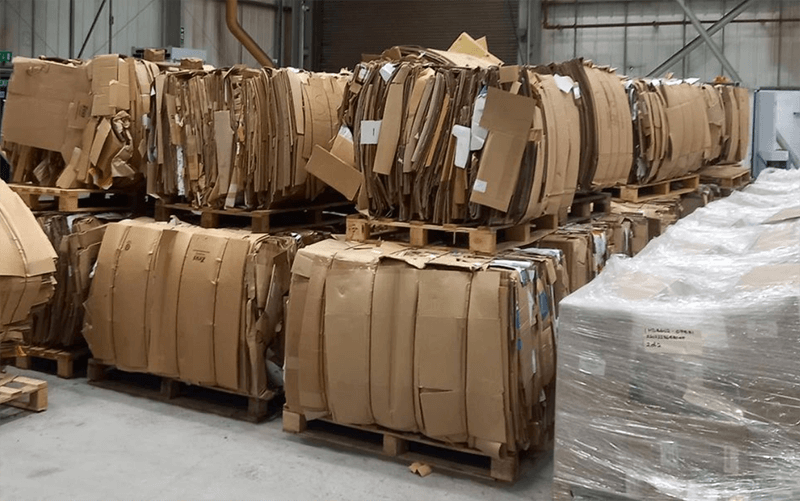Bienvenue á Lyon!
Take a virtual trip with us to the fabulous French city…
Lyon is France’s third largest city after Paris and Marseille, with a metro population of 2.2 million. We had considered writing about Paris, but for a city with such an air pollution problem, it just didn’t feel right. That’s not to say Paris doesn’t have sustainable initiatives, it’s that Lyon is more proactive in the sustainable movement.
In this article we will talk about Household waste and recycling, solar power, nuclear energy and smart developments. Firstly, we will discuss how Lyon values social conditions within the city and are continually improving standards to create a happy population. In their own words: In order to ensure excellent living conditions in Lyon and to offer unique business opportunities in France, the city invests in clean technology, green building and recycling of household and industrial waste.
Building the smart way!
A smart grid is a technologically advanced electrical grid that gathers and computes analogue or digital information. The information is then communicated to act and process data about the behaviours of suppliers and consumers, allowing data to be created about efficiency, economics, reliability and sustainability.
Another thing that the smart grids allow for is billing on actual consumption rather than estimates; this is designed to appease residents and keep living costs lower. It’s also part of the wider spectrum of considerations through sustainable housing.
‘In France, buildings and property are responsible for 40% of energy consumption and 25% of greenhouse-gas emissions. All efforts made in this sector will therefore have a real impact on the environment in the medium term. For several years now, Lyon has positioned itself on the national stage as one of the forerunners of a cross-disciplinary approach to the problem. Its objective now is to become a European pioneer in the field of sustainable development.’ (Source)
Each new project in the City of Greater Lyon now requires a consultation on the environmental performance of the design and has certain requirements it needs to meet. The two standards for environmental quality are ‘Habitat Durable’ and ‘Bureaux Durables Neufs’, translating respectively as ‘Sustainable habitat’ and ‘new sustainable office’.
These standards are also required when consulting on industrial parks (of which a new eco-friendly park is being built) and local authority land. Following Habitat Durable coming into effect in Lyon back in December 2012, over 11,000 homes have been designed or began construction meeting or exceeding the minimum standards.
In the same month, when Bureaux Durables Neufs was introduced, it was found that there was already over 280,000m² office space meeting the regulations. The aim now is to continue promoting environmental considerations for building at each level of design, like architectural, functional, technical and environmental levels.
Waste and recycling
The average French inhabitant produces an impressive 536kg of household waste each year. Of that, 32% goes to landfill, 34% going to an incinerator, 18% is recycled and 16% is composted (2012 figures). The French authorities recognize that too much is being sent to landfill, which is why they have set a target of 45% household recycling, by 2015. It is yet unknown as to whether France as a whole can reach this target, though it does seem somewhat optimistic.
Greater Lyon, when focused upon, fares much better than the rest of France, once again supporting it’s value as a sustainable city. In the Greater Lyon area, only 14% of waste is sent to landfill, a drastic improvement! OK, so only 19% is recycled, but that’s fine, because 62% of the waste is burned for fuel rather than buried! We aren’t quite sure why only 5% of waste is composted in Greater Lyon, though it could have something to do with the rising demand for social housing and the squeeze on space that has led to just one remaining farm left in the city.
Inhabitants of Lyon who live in apartment blocks are usually provided with a recycling room in their building. One bin for general waste and one for recyclables, such as paper, cardboard, aluminium, metal and plastic. Collections are generally once per week, but in smaller areas, like in the outskirts of Lyon, the collections are not mandatory and can be infrequent. The local Mairie (town hall) does a good job of ensuring these places don’t suffer a waste build up though.
Perhaps it’s for the image of the City, but in Lyon you can actually be fined if you leave your waste bin on the roadside for too long, on the wrong days or essentially not when specified. Whilst most waste bins are free, some people have to buy bins that are tailored to their needs, perhaps for special collections.
Another reason for Lyon’s low composting levels is that a lot of the city’s residents live in apartments and don’t have gardens. As well as that, the local authorities encourage food to be disposed of in the general waste bins. It can only be assumed that they do not offer a separate bin for composting like in the UK.
Metal, cardboard and plastic recycling is done like this: all recyclables put in together, collected and then separated later. It may not be the most effective method of recycling, but it hopefully ensures that people are not so lazy as to dispose of things. It does increase the risk of contamination though, and may explain why so much is sent for incineration. Bare in mind though, incineration must be done by the professionals. In France, it is illegal to burn domestic waste, even on private property.
Big Business Base
Because of the economic strength and population density, Lyon is seen as an ideal location to develop clean technology. It has grown to become a business hotspot in the last few years, and can now boast 35,000 businesses, ¼ of all research in France and the number one centre of industry. As mentioned earlier, they are also building smart, and can account for the highest number of housing and renovation projects in France, as well as 80% of private construction research.
The image on the left represents the major cleantech businesses in Lyon. (source)
The region of Lyon dedicates more funds to renewable energy than any other in France, with £42m invested in the environment to ensure that Lyon establishes itself as an authority on clean-tech by 2015. Committed political figures in France’s government are keeping the dream alive, and encourage more global leaders across various industries to set up a base in Lyon.
Some of the massive global industry leaders already in Lyon include: Toshiba, Philips, Total, Bosch, Veolia, EDF, Volvo, Renault, Fiat & Michelin.
The Energy Capital
As you may well already know, France is the champ when it comes to nuclear energy, with 58 nuclear reactors. EDF Energy, the company you have probably seen on TV adverts, actually stands for Électricité de France, and they are the ones who run the nuclear reactors. The Rhône-Alpes region in France, where Lyon lies, is the not only the most nuclear productive region of France, but also one of the most notable regions in the world. Nuclear energy is represented from research, design, production, engineering, maintenance and deconstruction. The four nuclear centres in the Rhône-alpes region of France are, Bugey, Saint Alban, Cruas and Tricastin.
The energy sector in this region employs over 25,000 people, who create a combined effort of 20.6% of the national total. The Lyon research hub is the world reference for chemical catalysis procedures, which is a method of create high performance materials at low energy costs.
Lyon reportedly has the world’s largest pool of energy experts, with 100,000 jobs and an incredible dense network of start-up businesses. There are 2,000 researchers in the nuclear sector alone, further refuting their claims to being the world leader in nuclear energy.
Let’s not forget that Lyon takes great pride in their solar initiatives too. The recent boom in solar energy has created a huge amount of jobs and brought many businesses to the city. With sustainable housing becoming a real issues, solar power grids have become increasingly popular, and helped solved some problems caused by urban development projects.
Thermal and solar energy in Lyon help to lower energy bills, which is essentially what they should do, instead of just being sold at the same (or usually higher) prices. Lyon seems to care about sustainability at the very core of its ethos, not just for it’s residents, but for the future of the planet.
FACTS ABOUT LYON
-
Ranked 15th most attractive city to European investors
-
World capital of Silk
-
Centre of the French Revolution
-
There is an area in Dubai called Lyon Dubai City where they have recreated parts of Lyon.
-
Lyon was founded as a Roman Colony in 43BC by Munatius Plancus
-
Probably the worst hideout for international fugitives as Interpol headquarters are based in Lyon

